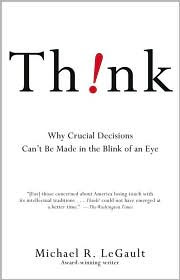"Gathering Bush Tucker", a painting by Aboriginal artist
It may come as a surprise to some readers, but there was a time when I was a skeptic of anything remotely spiritual or "psychic". In fact in my early twenties I was an avowed atheist and empiricist. I was quite hostile to any reference to such things. Yet over time my attitude relaxed slowly. I have previously mentioned one or two formative experiences which led to this shift. Many of them occurred at around the age of 26-27 (I'm now 44 years old). One other such event also occurred at this time, and involved an Aboriginal shaman woman. At the time I was living in Coffs Harbour, in northern New South Wales, Australia, and I had no conscious awareness of any innate intuitive ability I might possess. I was also happily free of any academic responsibilities. I had no intention of pursuing any higher education.
I sat down one day to read the local paper, and noticed a small ad for psychic readings in the classifieds section. I was then becoming interested in the psychic realm. That evening I dialed the number and found myself speaking to a woman named Maria. The very next day I walked over to her home for a reading (Coff Harbour is not a big town).
There was nothing special about Maria on the surface. She was quite down to earth, and although I was open to the possibility that she might offer something useful or even profound, I found myself quite skeptical. She didn’t appear to be particularly spiritual in the way I thought “spiritual” was supposed to be. Her house was far from tidy and was run-down. There was renovation being carried out as she spoke to me, with workmen coming and going. She also smoked, a strong dislike of mine.
“Put your paw up here,” she said. She took my hand, and began to “read.”
























